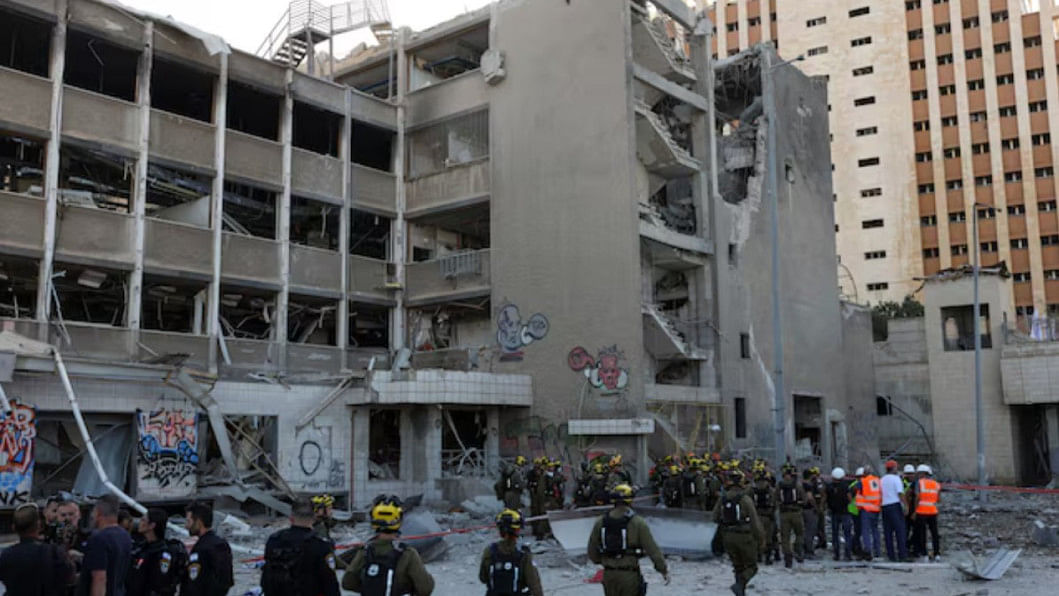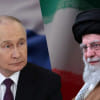Middle East tensions put investors on alert, weighing worst-case scenarios

Investors are mulling a host of different market scenarios should the U.S. deepen its involvement in the Middle East conflict, with the potential for ripple effects if energy prices skyrocket.
They have honed in on the evolving situation between Israel and Iran, which have exchanged missile strikes, and are closely monitoring whether the U.S. decides to join Israel in its bombing campaign.
Potential scenarios could send inflation higher, dampening consumer confidence and lessening the chance of near-term interest rate cuts. This would likely cause an initial selloff in equities and possible safe-haven bid for the dollar.
While U.S. crude prices have climbed some 10% over the past week, the S&P 500 (.SPX), opens new tab has been little changed as of yet, following an initial drop when Israel launched its attacks.
However, if attacks were to take out Iranian oil supply, "that's when the market is going to sit up and take notice," said Art Hogan, chief market strategist at B Riley Wealth.
"If you get disruption to supply of oil product on the global marketplace, that is not reflected in today's WTI price and that is where things get negative," Hogan said.
The White House said on Thursday President Donald Trump would decide on U.S. involvement in the conflict in the next two weeks.
Analysts at Oxford Economics modeled three scenarios, ranging from a de-escalation in the conflict, a complete shutdown in Iranian production, and a closure of the Strait of Hormuz, "each with increasingly large impacts on global oil prices," the firm said in a note.
In the most severe case, global oil prices jump to around $130 per barrel, driving U.S. inflation near 6% by the end of this year, Oxford said in the note.
"Although the price shock inevitably dampens consumer spending because of the hit to real incomes, the scale of the rise in inflation and concerns about the potential for second-round inflation effects likely ruin any chance of rate cuts in the U.S. this year," Oxford said in the note.
OIL IMPACT
The biggest market impact from the escalating conflict has been restricted to oil, with oil prices soaring on worries that the Iran-Israel conflict could disrupt supplies. Brent crude futures have risen as much as 18% since June 10, hitting a near 5-month high of $79.04 on Thursday.
The accompanying rise in investors' expectations for further near-term volatility in oil prices has outpaced the rise in volatility expectations for other major asset classes, including stocks and bonds.
But other asset classes, including stocks, could still feel the knock-on effects of higher oil prices, especially if there is a larger surge in oil prices if the worst market fears of supply disruptions come true, analysts said.
"Geopolitical tensions have been mostly ignored by equities, but they are being factored into oil," Citigroup analysts wrote in a note.
"To us, the key for equities from here will come from energy commodity pricing," they said.
STOCKS UNPERTURBED
U.S. stocks have so far weathered rising Middle East tensions with little sign of panic. A more direct U.S. involvement in the conflict could, however, spook markets, investors said.

 For all latest news, follow The Daily Star's Google News channel.
For all latest news, follow The Daily Star's Google News channel. 








Comments